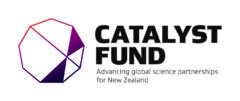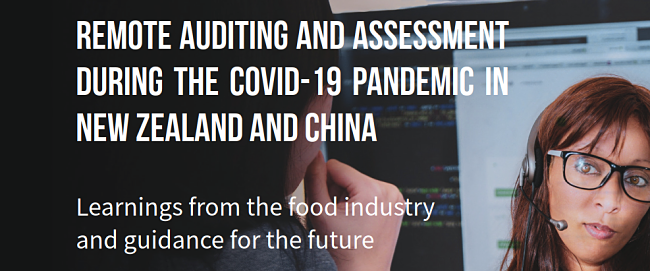New Zealand China Food Protection Network commissioned standards and accreditation expert, Professor Pavel Castka, University of Canterbury, to design and lead a survey of companies and organisations involved in remote auditing during the COVID-19 pandemic. The research team included food safety, food marketing and supply chain experts at the University of Otago – Professor Phil Bremer, Associate Professor Miranda Mirosa, Associate Professor Lincoln Woods – plus four professors from partnering Chinese Universities, with Dr Xiaoli Zhao overseeing the project.
Remote auditing was yet another steep step change in traditional business operation, with challenges across the food sector, but also with unexpected benefits from necessary innovations. Better preparation in advance of online meetings led to efficiencies and perhaps a greater consciousness of requirements and standards. And of course, there were considerable savings in travel and time away from home for auditors.
For companies with advanced IT systems, such as CCTV cameras and integrated documentation systems, it was reasonably easy to adapt, though it came at a time when people were dealing with all sorts of other stresses, like 2m distancing between staff, logistical problems and market access worries. For those using hand written check-sheets, for example, there was a lot of tedious, time-consuming scanning.
Will we ever go back to the way we were? Pavel thinks not. He says, “In future, we will probably adopt hybrid models, where ‘in person’ inspections and audits will be used for new clients and major audits, whilst regular surveillance audits might continue remotely. And we will also likely see more and more new technologies being used, such as drones, sensors, satellite imaging and AI. For example, drones can be used to monitor geospatial requirements on farms and sensors to monitor water quality.”
You can read the full report here. All enquiries to pavel.castka@canterbury.ac.nz

